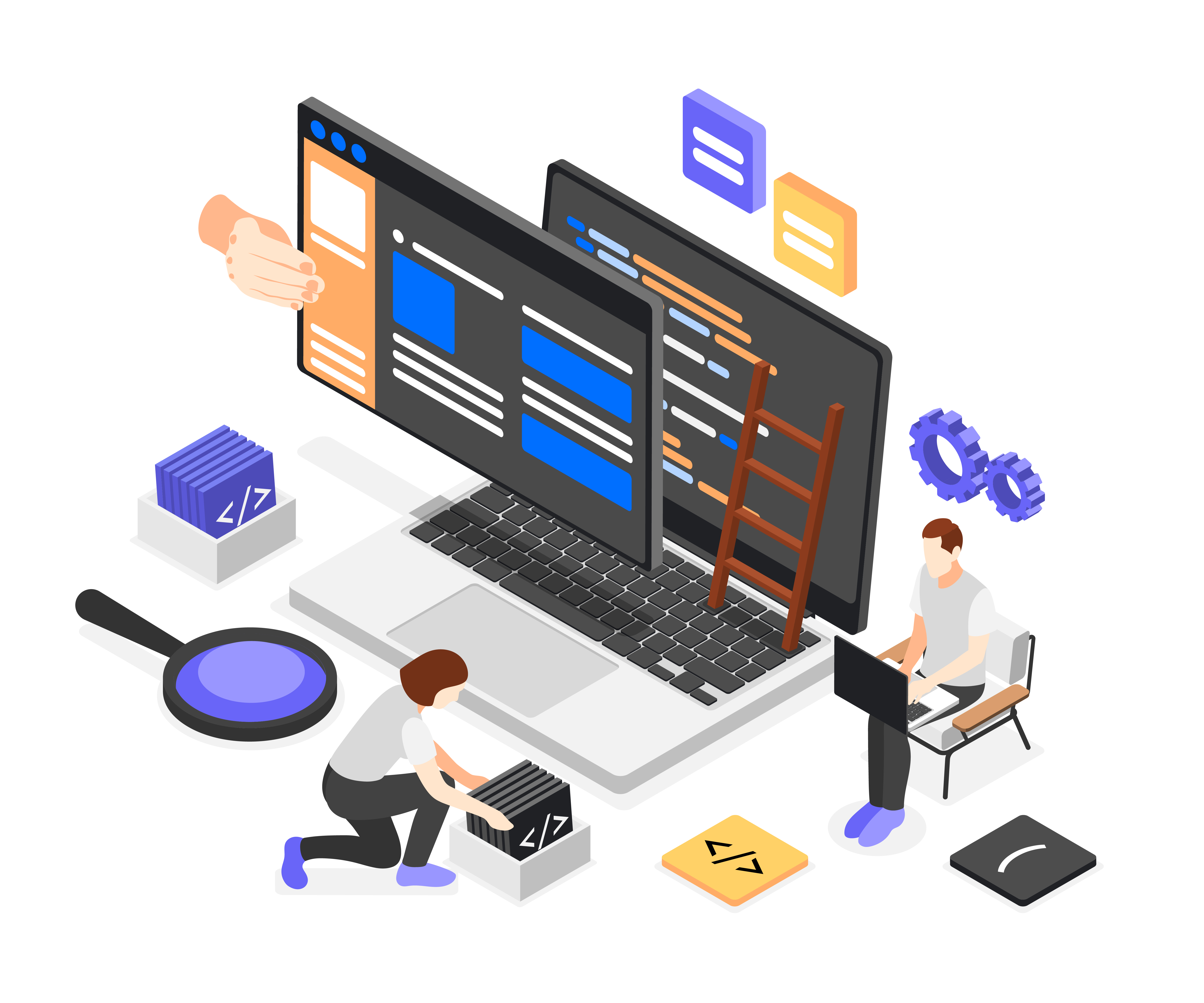If you use your phone to access websites frequently, you've probably already used a progressive web app without even knowing it. But what is a progressive web app? We explain everything to you.
What is a progressive web app?
A progressive web app (PWA) is a web application that uses the latest web technologies to provide a user experience comparable to that of a native application. They are progressive, meaning they adapt to all types of devices and browsers, and offer a smooth and optimal experience.
Progressive web apps are increasingly being used by big businesses, like Twitter, Pinterest, and even by Google. If you use one of these sites frequently, you've probably already used a progressive web app without even knowing it.
To develop a progressive web app, it is possible to go through No code app-builders which greatly simplifies the task.
What is the difference between a progressive web app and a native application?
The question of what is the difference between a progressive web app and a native application is often asked. The answer is quite simple: a PWA is a web application that uses the latest advances in the web to provide a user experience similar to that of a native application. PWAs load just like any other web page, but they have a few additional features that allow them to behave like a real application.
Native applications, on the other hand, are developed specifically to work on a single type of platform, be it iOS, Android, or Windows. They need to be downloaded and installed on a device, and can access all of the device's features, such as the camera, GPS, push notifications, etc. Native applications offer a more immersive user experience than PWAs, but they are more difficult and expensive to develop and deploy.
What are the advantages of a progressive web app?
There are several benefits to developing a progressive web app. Here are a few:
Accessibility
They are easy to put online. There is no need to create a native application for each platform. And they are adaptable to all devices. Users don't need to download a specific app for their phone or tablet.
Update
Progressive web apps can be updated live on the server side. Users do not need to download new versions of the application, it is usually done automatically.
security
They are safer. Progressive web apps are less likely to be victims of viruses or malware because their data is not stored directly on devices but on secure servers.
Performance
They are faster. Progressive web apps are generally faster than native applications because they are less resource intensive. Progressive web apps don't require storage on the user's phone or tablet.
In short, by developing a progressive web app, you can benefit from accessibility, updating, security and performance advantages.
Progressive web app examples
Several large companies have already adopted PWAs. In recent years, more and more web developers are interested in this technology and are looking to create their own PWAs. Here are three examples:
Uber
There's nothing like a mobile application for carpooling! Uber developed a PWA app to make it easy for drivers and passengers to connect and find trips. The Uber PWA app is lightweight and fast, making it ideal for city trips. Plus, it's compatible with smartphones and tablets, making it easy for drivers and passengers to connect and find trips.
Tinder
On January 21, 2019, Tinder launched its web version called Tinder Online. This version is a Progressive Web App, which means it's lighter and faster to load than the regular version. Tinder Online is available for users from different countries around the world.
Tinder Online is a lightweight version of the app, which means it loads faster and consumes less data. It is a good option for users who do not want to download the full application or who do not have access to a high-quality network. Tinder Online is also useful for those who don't want the app stored on their phone.
Pinterest is one of the first services to adopt PWAs. In 2017, the company launched its first PWA to allow users to enjoy an optimized experience regardless of what device they use.
Pinterest's progressive web app gives users a smooth and fast experience, even when they're on the go. In addition, it allows Pinterest content to be saved on the user's device, allowing them to view it even when they don't have access to the Internet.
By adopting PWAs, Pinterest has been able to significantly improve the user experience for its users. If you want to create an optimal user experience for your users, PWAs are a technology that you should definitely consider.
At Scroll, we support you in the development of your Progressive Web App
Our web application experts work every day on the Bubble tool to develop progressive web apps. Bubble is a no-code tool that allows us to bring your PWA projects to life. To meet your needs, we have set up theBubble agency.
Thanks to our perfect mastery of Bubble and our know-how in this field, we support our customers on various and varied achievements. We use the power of Bubble to offer new and custom-built applications, in record time.
Do you have a Progressive Web App project? Contact us to discuss your project!
Faq


.svg)


















.svg)
.svg)
.svg)